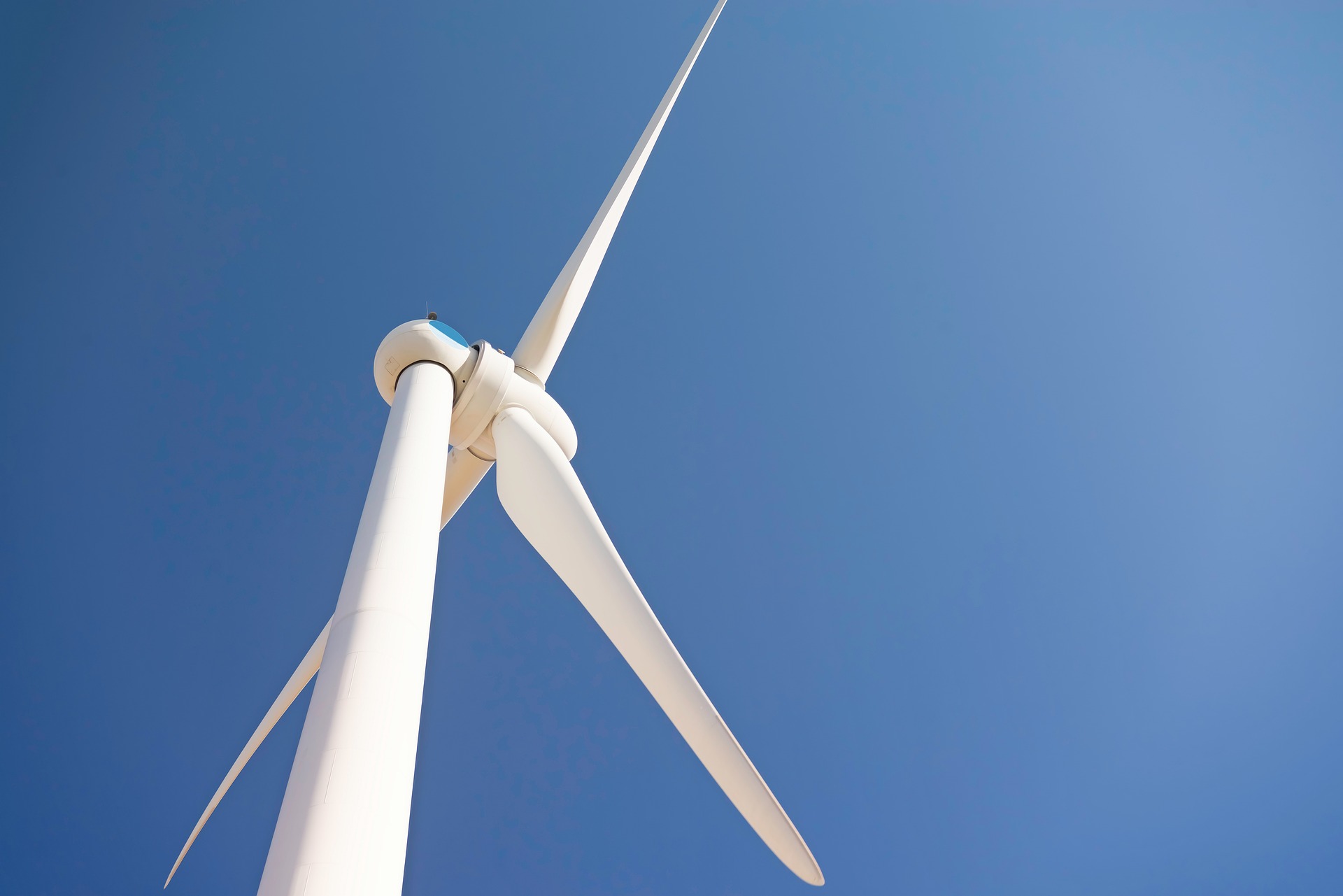The Introduction to Power System Bootcamp course lays the groundwork for generation plants (or generators), their control, economic dispatch ideas, and power flow analysis. This course will teach you about generator dynamics and the idea of stability in power system operation.
Training in the Operation of Power Systems
The Introduction to Power Systems Bootcamp course briefly shows how energy is generated in a power plant and the steps taken to ensure that the electricity generated is reliably delivered to consumers. Several control methods for generators are introduced in order to achieve stable operation of the power system. This course discusses the latest control methods used for generators to keep voltage and frequency within limits.
This course not only covers the generation side, but also the transmission level by teaching the notion of power flow as an enhanced tool for calculating power system operating points.
Throughout the introduction to power system operation training course, Newton-Raphson and Gauss iteration will be discussed as two different solutions for power flow analysis.
Finally, the introduction to power system operation training course will provide a brief overview of economic dispatch in power systems, including generating cost functions that take transmission lines and generator constraints into account.
Training in power system operation is a course developed for:
everyone who has to understand how power plants produce electricity and how stable power systems work.
Academic institute faculty members interested in teaching the power system operation course.
Investors and contractors who intend to invest in this industry.
Marketing professionals who need to understand the history of the products they sell.
Technicians, operators, and maintenance employees who work or will work at power plants or companies that generate power systems.
Power system industry managers, accountants, and executives.
Non-electrical engineers or scientists involved in PS operation initiatives or ideas.
Objectives
Upon completion of introduction to power system operation training course, the attendees are able to:
Understand the generator models and control.
Describe the dynamics of generators in power systems.
Understand the concept of stability in power systems.
Understand the operation of a generator connected to the system.
Recognize the voltage/frequency controllers in generators.
Discuss different types of loads connected to the power systems.
Describe the concept of voltage stability and frequency droop.
Model the dynamics of governor and automatic voltage regulator (AVR).
Understand the concept of stability and operation in multi-machine power systems.
Explain the step-by-step process of power flow analysis.
Understand and explain different solutions for power flow equations.
Understand the basics of economic dispatch.
Outline
Introduction to power system operation training course consists of the following lessons, which can be revised and tailored to the client’s need:
Background
- History of the power generation.
- What is a generator?
- What is a transmission line?
- Definition of loads.
- Improvements in modern power plants.
Different Levels
- Generation levels (power plants).
- Transmission levels.
- Sub-transmission levels.
- Stations and substations.
- Distribution Level
Synchronous Machines (Generators)
- Basic operation principles of synchronous machines.
- Rotor and stator definition.
- Field and armature windings.
- Magnetic flux in their gap.
- Voltage generation.
- Dynamic model of generators
- Mechanical dynamics.
- Swing equation.
- Click Here



